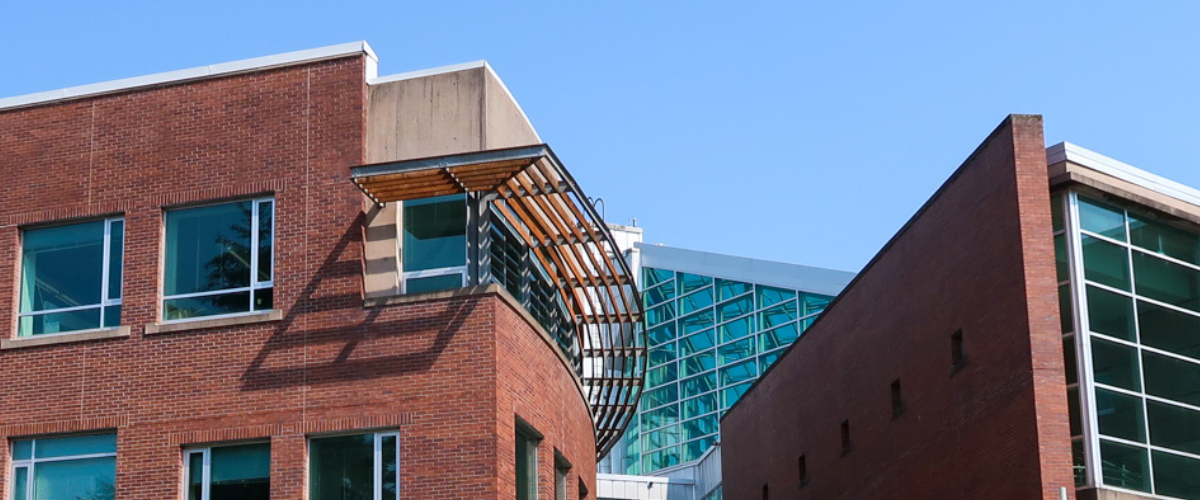Strategic Plans & Reports
JIBC’s strategic plans and reports provide transparency and accountability to our operations, as well as to the communities we serve, while ensuring our goals and missions are aligned with government.

JIBC’s strategic plans and reports provide transparency and accountability to our operations, as well as to the communities we serve, while ensuring our goals and missions are aligned with government.

JIBC’s strategic plans and reports provide a window to the Institute’s past, present and future through its stated objectives and accomplishments. They provide transparency and accountability to JIBC’s operations, including to the educational, Indigenous and donor communities we serve, while ensuring our goals and missions are aligned with government.
Strategic Plan 2022-2027 - Page version
Strategic Plan 2022-2027 - Spreads version
Strategic Energy Management Plan
International Education Strategic Plan 2025-2027
Climate Change Accountability Report 2024
Institutional Accountability Plan and Report 2023-2024
2021-2022 | 2020-2021 | 2019-2020
Communicable Disease Exposure Control Plan
2024-2025 | 2023-2024 | 2022-2023 | 2021-2022 | 2020-2021 |
For the Equity, Diversity and Inclusion (EDI) Plan, and the Accessibility Plan, please see Belonging & Inclusivity.